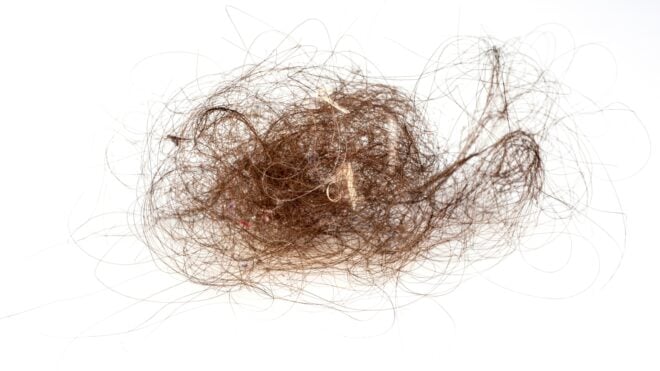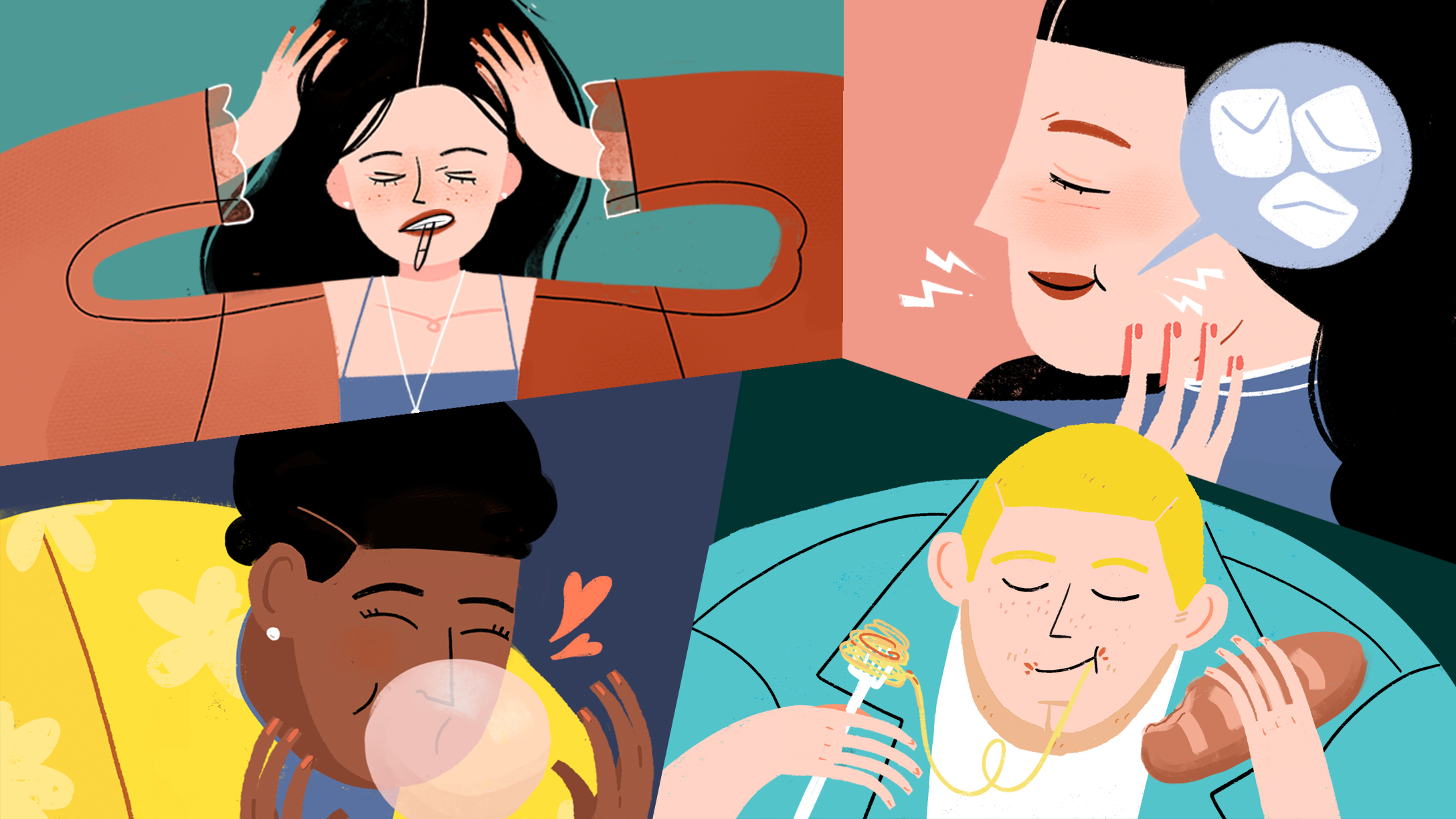
I can't remember a time when I wasn't terrified by the thought of going to my next dentist appointment. No matter how well I stuck to the upkeep routine they would provide for me, I always knew there would be some disappointing discovery when they got another close look at my pearly whites.
Apparently, there are a lot of things you might think you're doing right when it comes to taking care of your teeth, but you could really be doing more damage than good. Plus, there are tons of normal things we do without even realizing it that can do some serious harm to the overall health of our teeth.
More from LittleThings: The Way You're Currently Sitting Reveals Everything About Your Personality
I know I'm guilty of more than a few of the examples listed below. Take a look to see if there's a bad habit you need to be kicking to the curb or a method you need to brush up on (pun intended).
1. Use Your Mouth as an Extra Hand
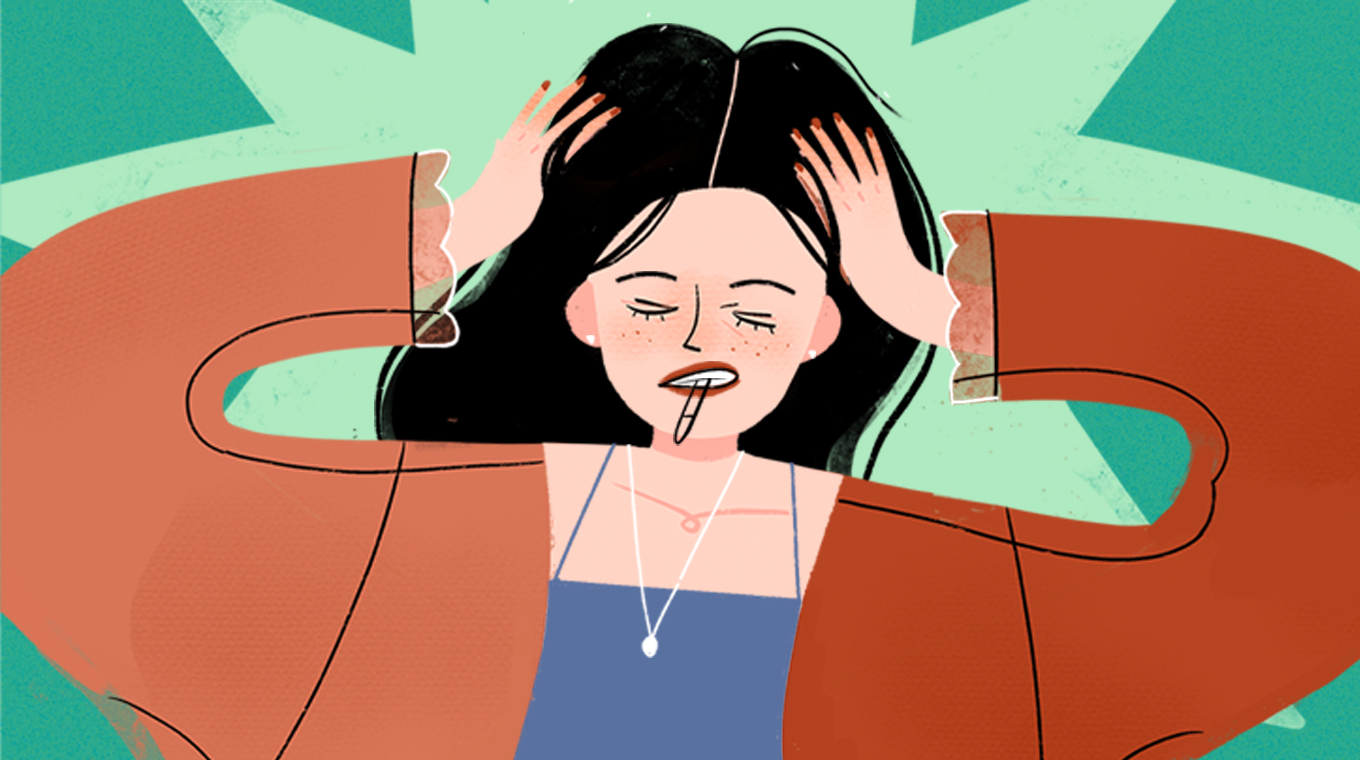
It might only seem like a small amount of pressure while you're juggling too many items, but biting down on objects like keys or hairpins while you're getting ready in the morning could cause your enamel to splinter, teeth to shift out of place, or even your jaw's alignment to get out of whack.
2. Snub Tap Water
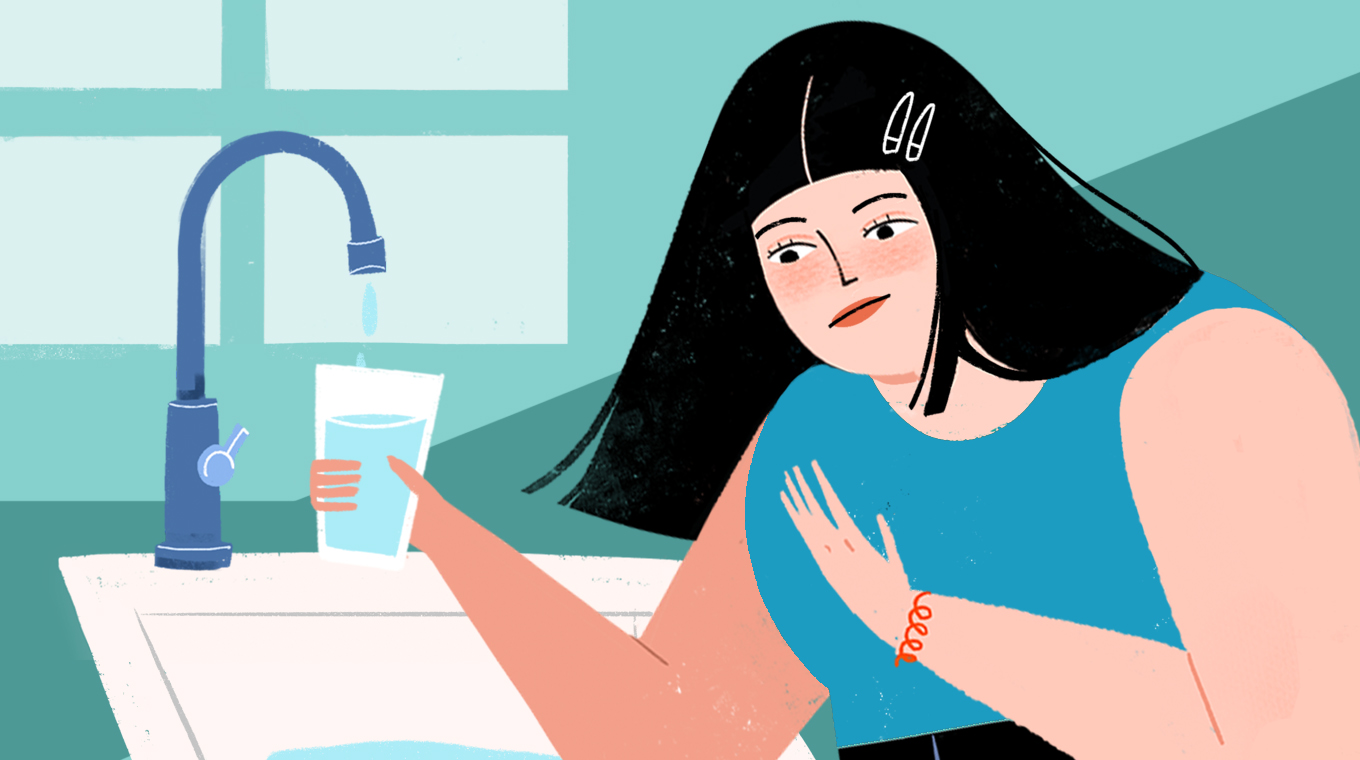
Relying only on filtered or bottled water for your daily H2O curbs your chompers' chances at absorbing the essential fluoride found in most taps that can help heal decay and promote remineralization.
3. Sip Sugary Drinks Too Slowly
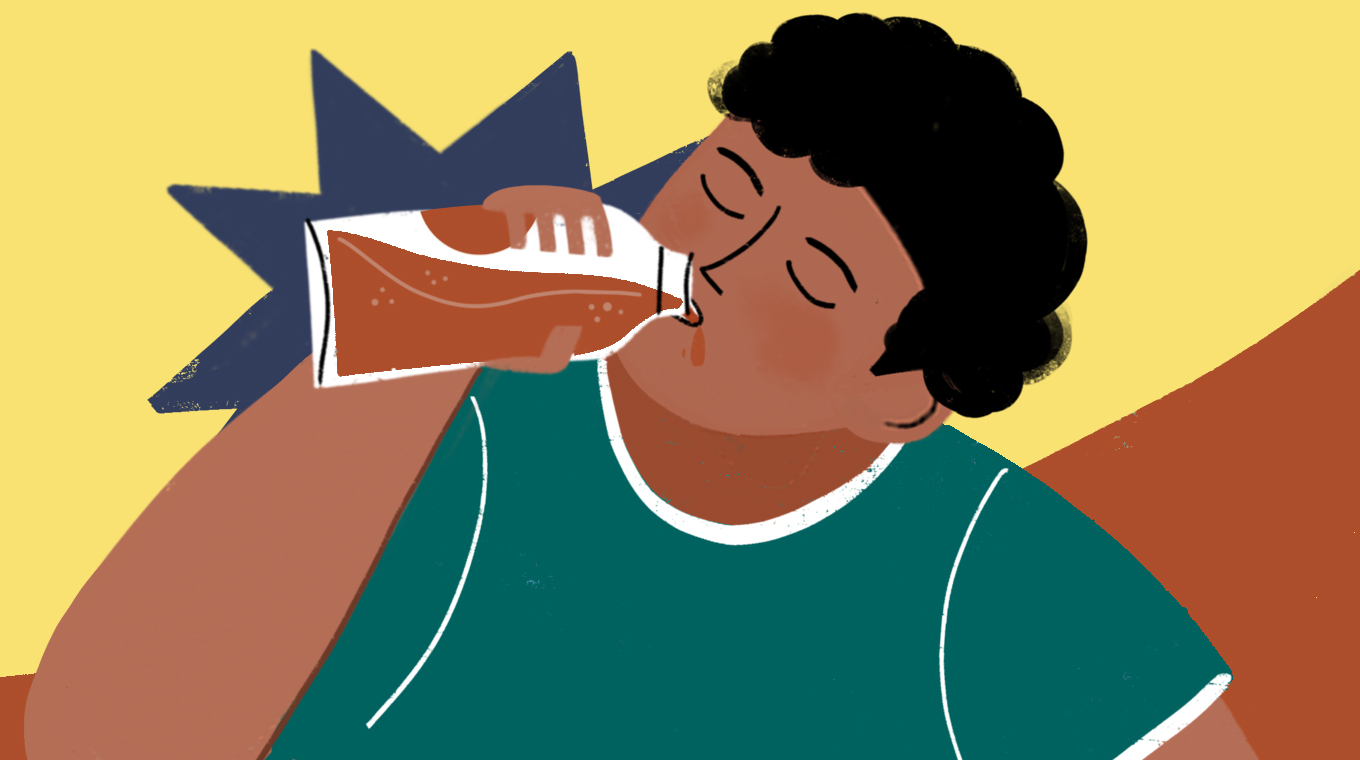
Dentists recommend downing the whole thing in one sitting rather than slowly sipping as the day goes by to reduce exposing your teeth to sugar over an extended period of time.
4. Chow Down on Ice
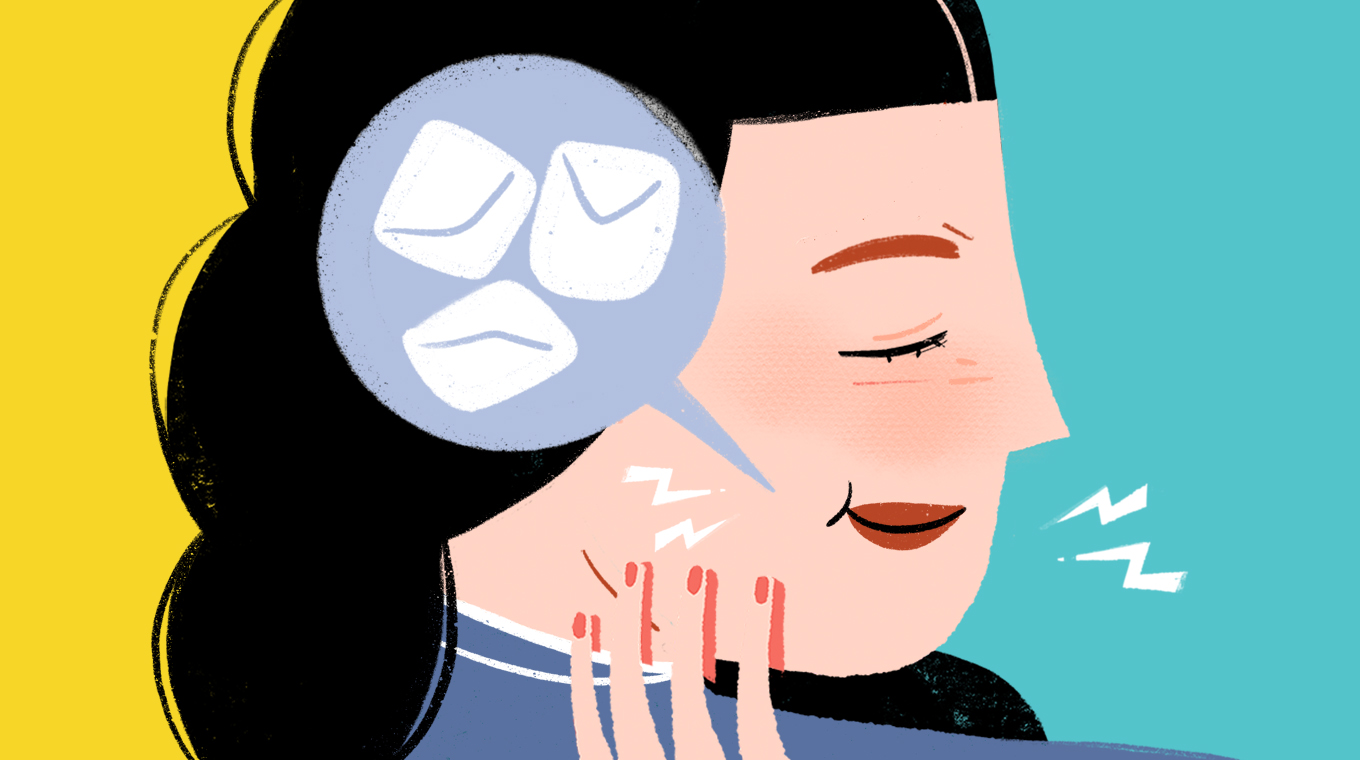
According to dentists, those guilty of this habit might as well be chewing rocks, as this habit comes with the same dangers of dislodging fillings and chipping or breaking your teeth under too much stress.
5. Consume Too Many Carbs
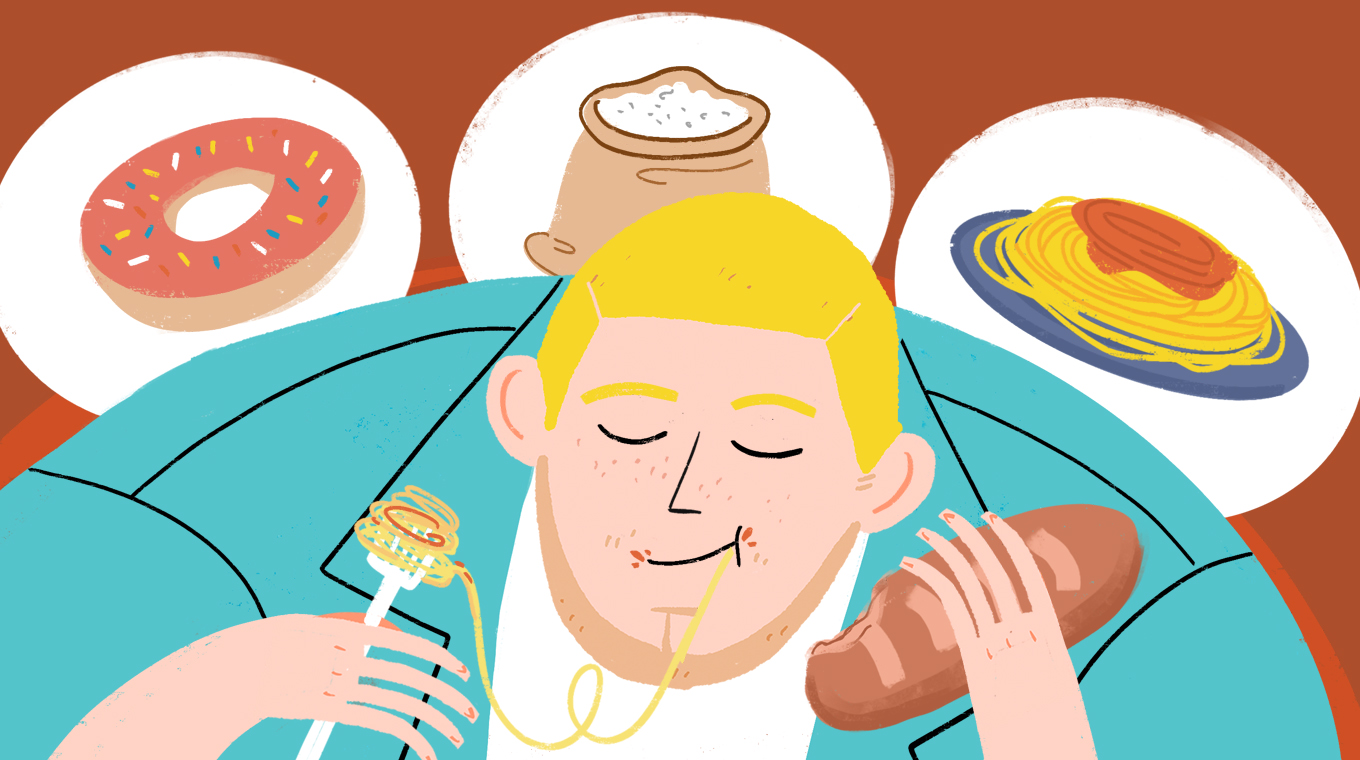
We all know candy and sweet treats can cause cavities, but the same goes for the more complex sugars in pasta and other carbs that get broken down in your mouth and can cause acid corrosion.
6. Skip Chewing Gum
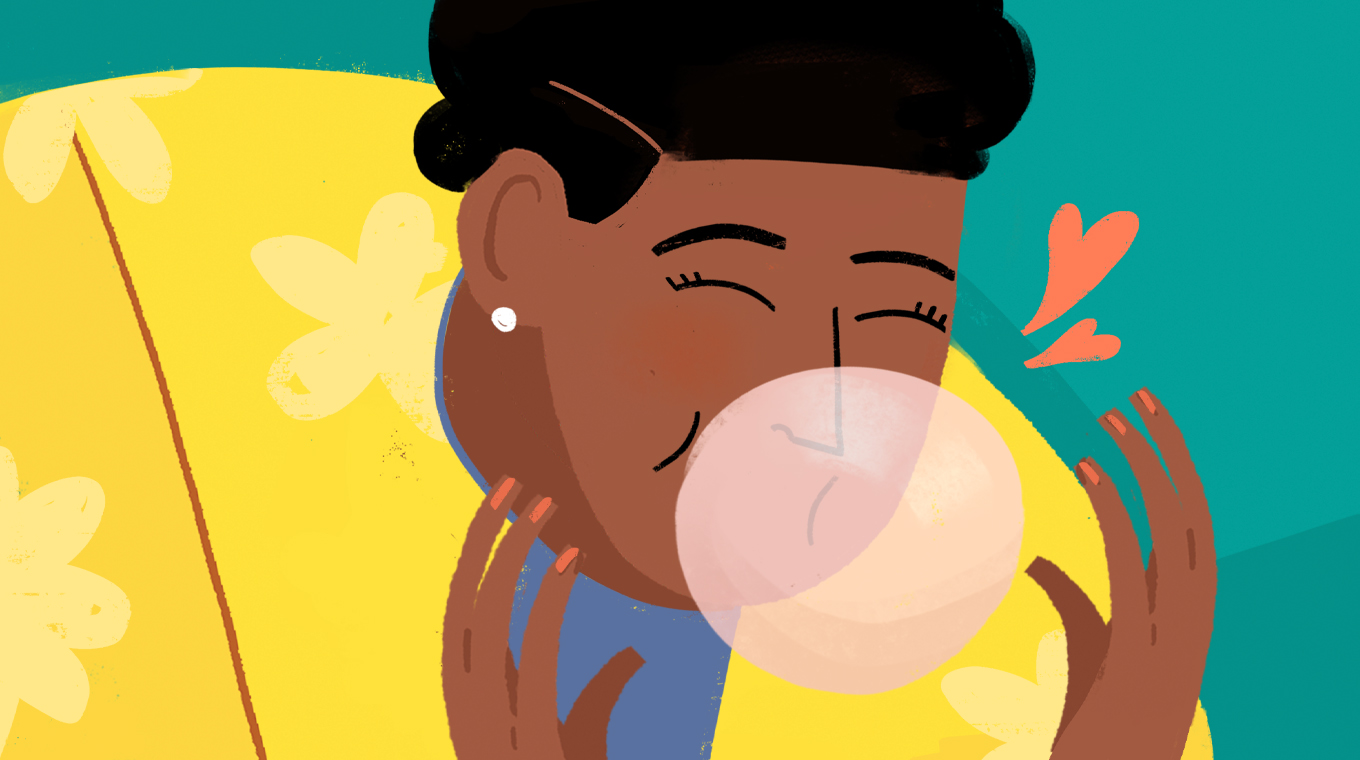
Yes, the sugary options are seriously bad for your teeth, but chewing some sugar-free gum after a meal helps to promote saliva which dentists describe as the mouth's best way to fend off frustrating cavities.
7. Brush Too Soon After Meals
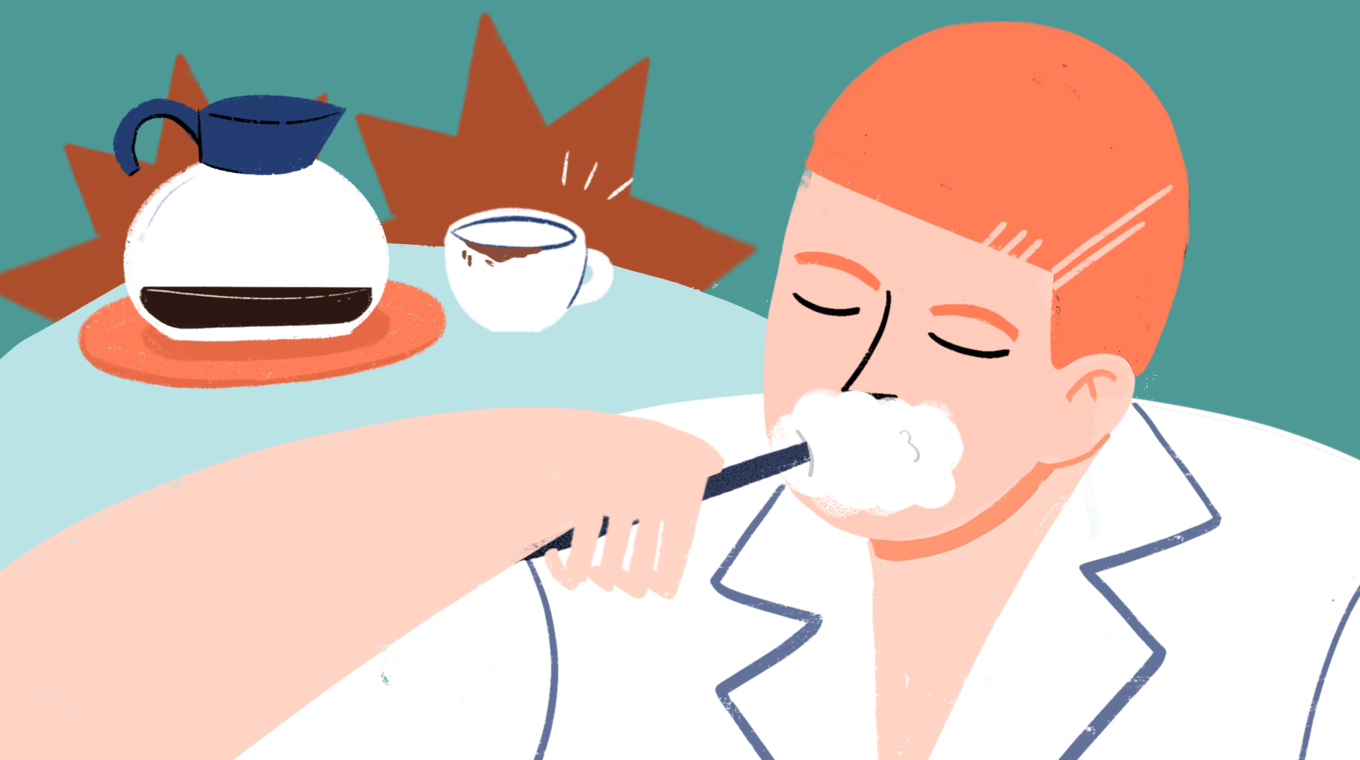
Rushing to give your pearly whites a good cleaning after every meal is certainly not a bad habit, but if you happen to consume any highly acidic food or drink — such as coffee, wine, and citrus juices — you'll want to wait at least 45 minutes before scrubbing down the briefly weakened teeth or else you could be causing more damage.
8. Use an Unprotected Brush
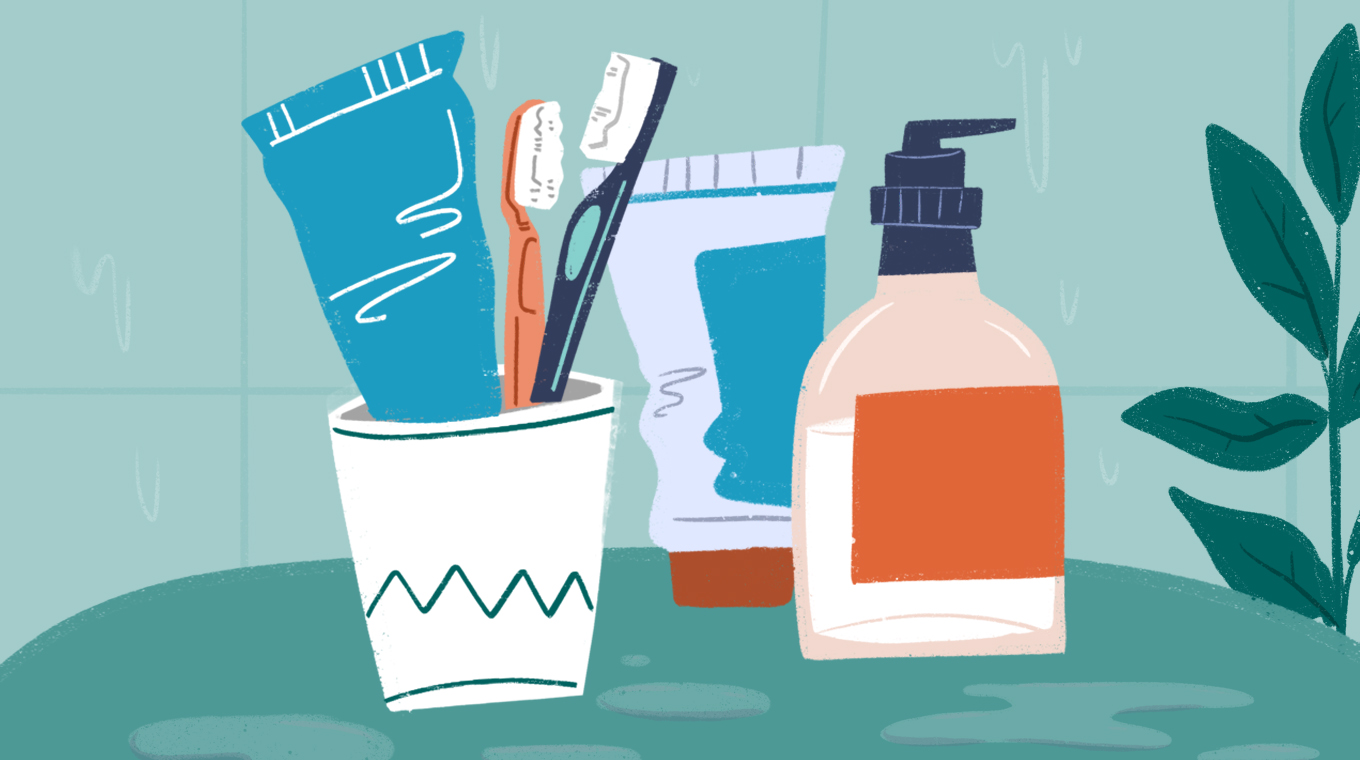
Leaving your toothbrush out on the sink along with your other family members' in a community holder could lead to bacteria taking a trip between each other's bristles. You also run the danger of picking up aerosolized fecal matter from the toilet, so it's a good idea to invest in a cover or shield, or to simply put it away in your medicine cabinet.
9. Forget to Swish After Rinsing
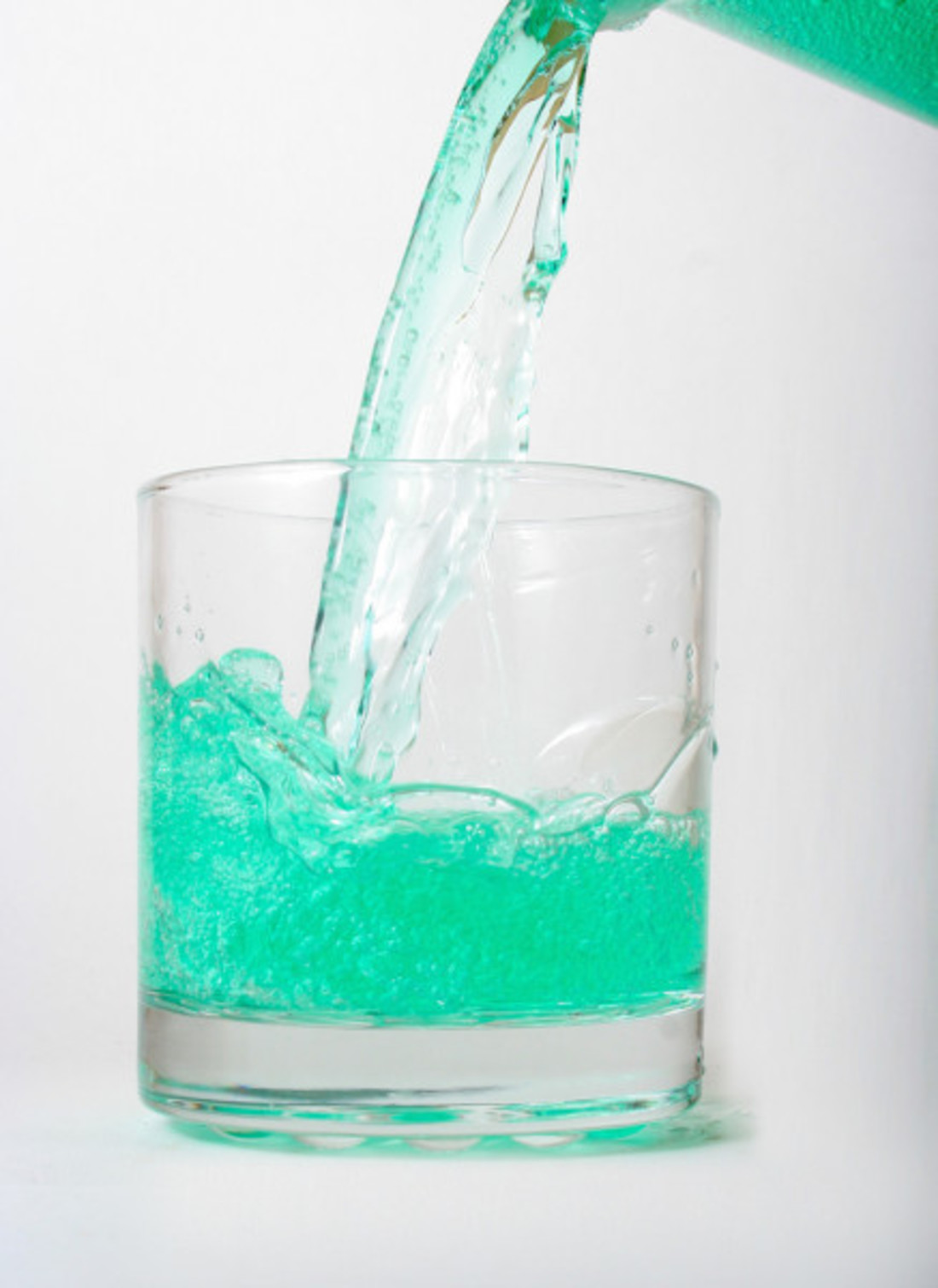
Using mouthwash is a great addition to your regular routine of brushing and flossing, but many of us forget to swish some water after spitting out the stringent liquid. The alcohol used to fight bacteria also has a side effect of drying your mouth out, creating an environment that bacteria happen to love, so either switch to alcohol-free options or rinse again after you rinse.



